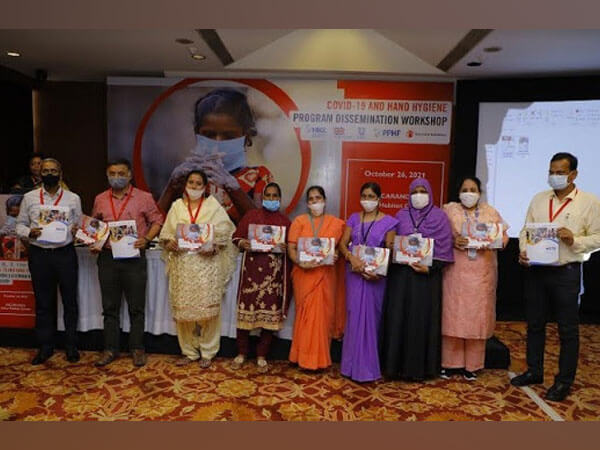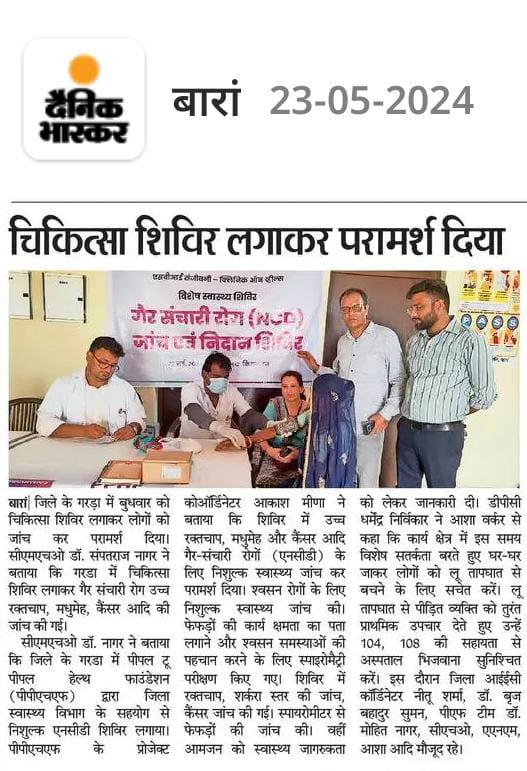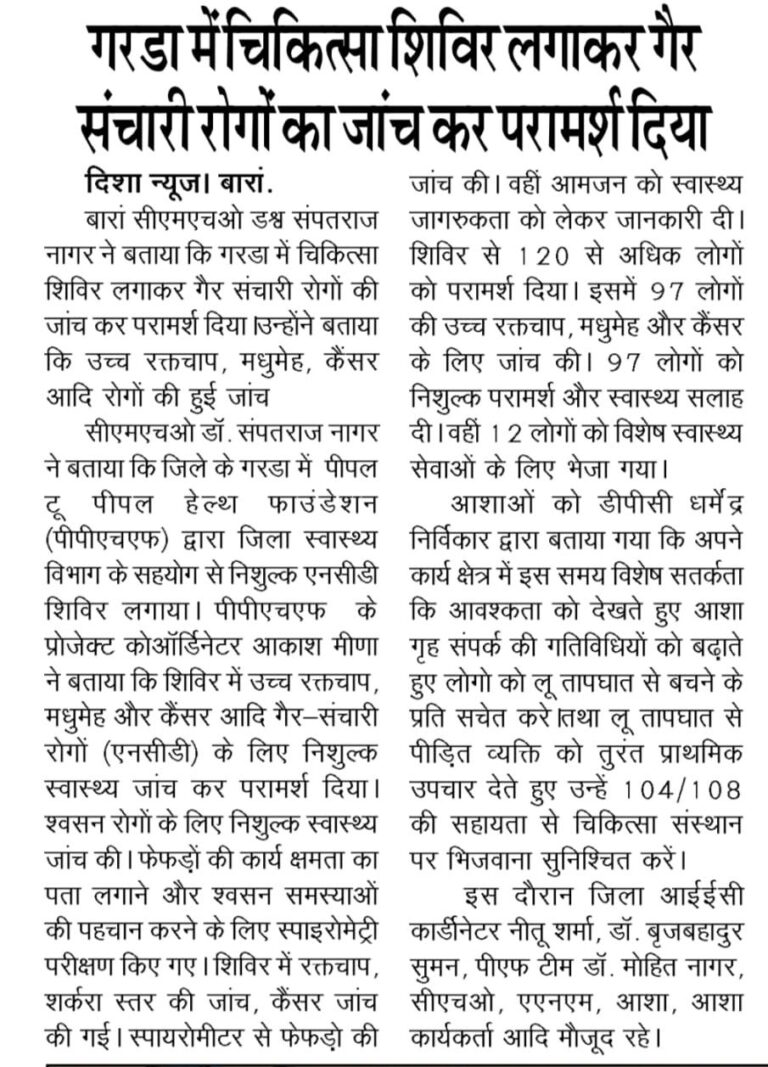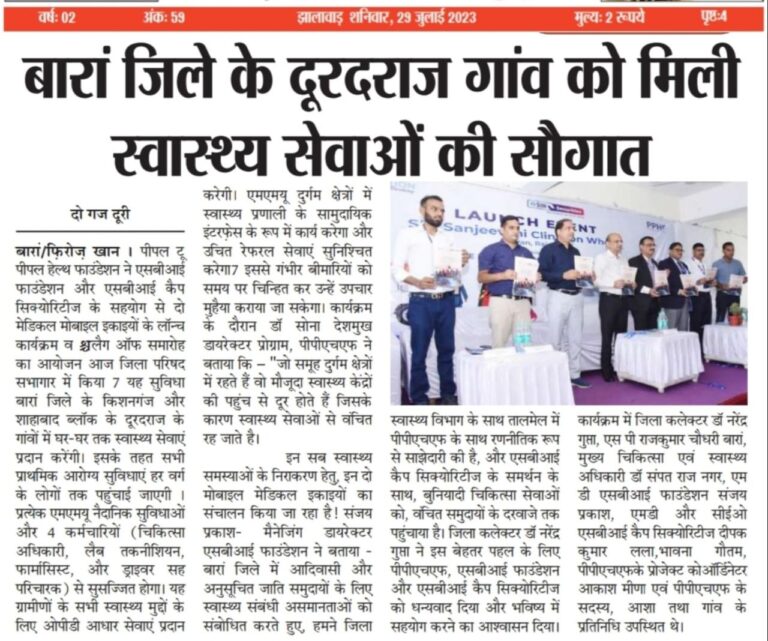New Delhi [India], October 28 (ANI/NewsVoir): Save the Children, India and People to People Health Foundation (PPHF), with support from Unilever, convened a Dissemination Workshop – Covid19 and Hand Hygiene Program’ on 26th October 2021. The purpose of the workshop was to share learnings from the HUL-backed programme called Prevention of Novel Coronavirus Disease (Asha)) and Anganwadi Workers (AWW), school teachers, students and mothers. Other community members also came together to act as ‘Agents of Change’ for this programme.
The workshop was represented by a combination of high-level speakers and community level champions to help us understand the challenges and opportunities for Hand Hygiene programmes in the context of The Essential Health and Hygiene Interventions programme was designed and implemented in four states of India (West Bengal, Odisha, Bihar and Maharashtra) to support the prevention of and improve handwashing practices. The programme directly reached 11,68,648 and trained 12,474 ASHA/AWW/school teachers. teachers.
The discussions focused on highlighting the need to resurface and prioritise HWWS (Handwashing with Soap) as a health priority. Overall, the programme contributed to improving the hand hygiene practices in the community, building personnel capacity, and creating community awareness on HWWS. We also supported families with more than 10 lakh soaps. Around 640 under-five children in India die every day (or over 8 lakhs die every year) due to Pneumonia and Diarrhea, which are preventable diseases. Marginalised children are the most vulnerable. Covid-19 has further added to the agony. Marginalised families and their children are the most vulnerable to infectious diseases including . Maintaining hand hygiene is a simple, an effective and an affordable solution for preventing spread of these and several other infectious diseases. Yet, strikingly, only 25.3 per cent rural and 56 per cent urban households in India wash hands with soap or detergent before every meal; shockingly, 15 per cent rural and 10 per cent urban population do NOT wash their hands after defecation (National Sample Survey 2019 report). The use of Rapid Emergency Training Solution (RETS) and Interactive Voice Response (IVR) platforms to engage with communities in hotspot districts on how to respond to the Covid-19. crisis supported the programme. A combination of technology platforms and a set of tools with demonstration and interpersonal communications-enabled enhancing the levels of practices related to HWWS.
Source : https://www.aninews.in




